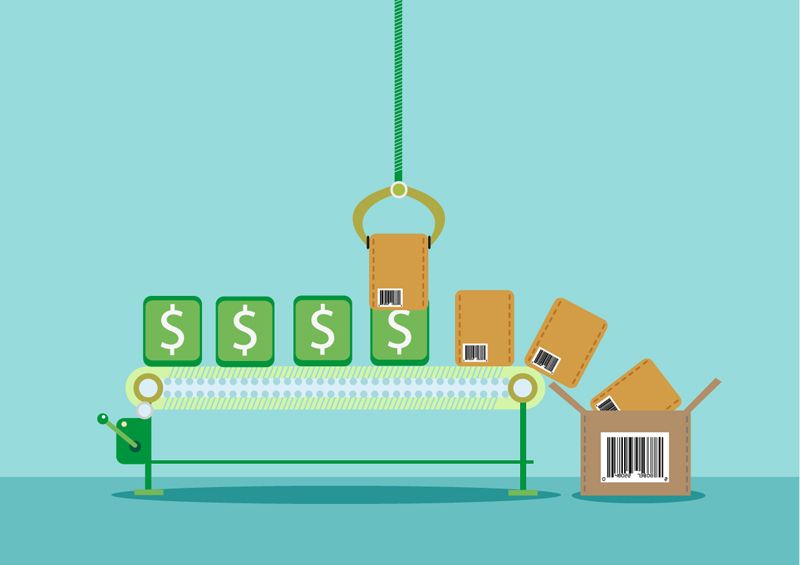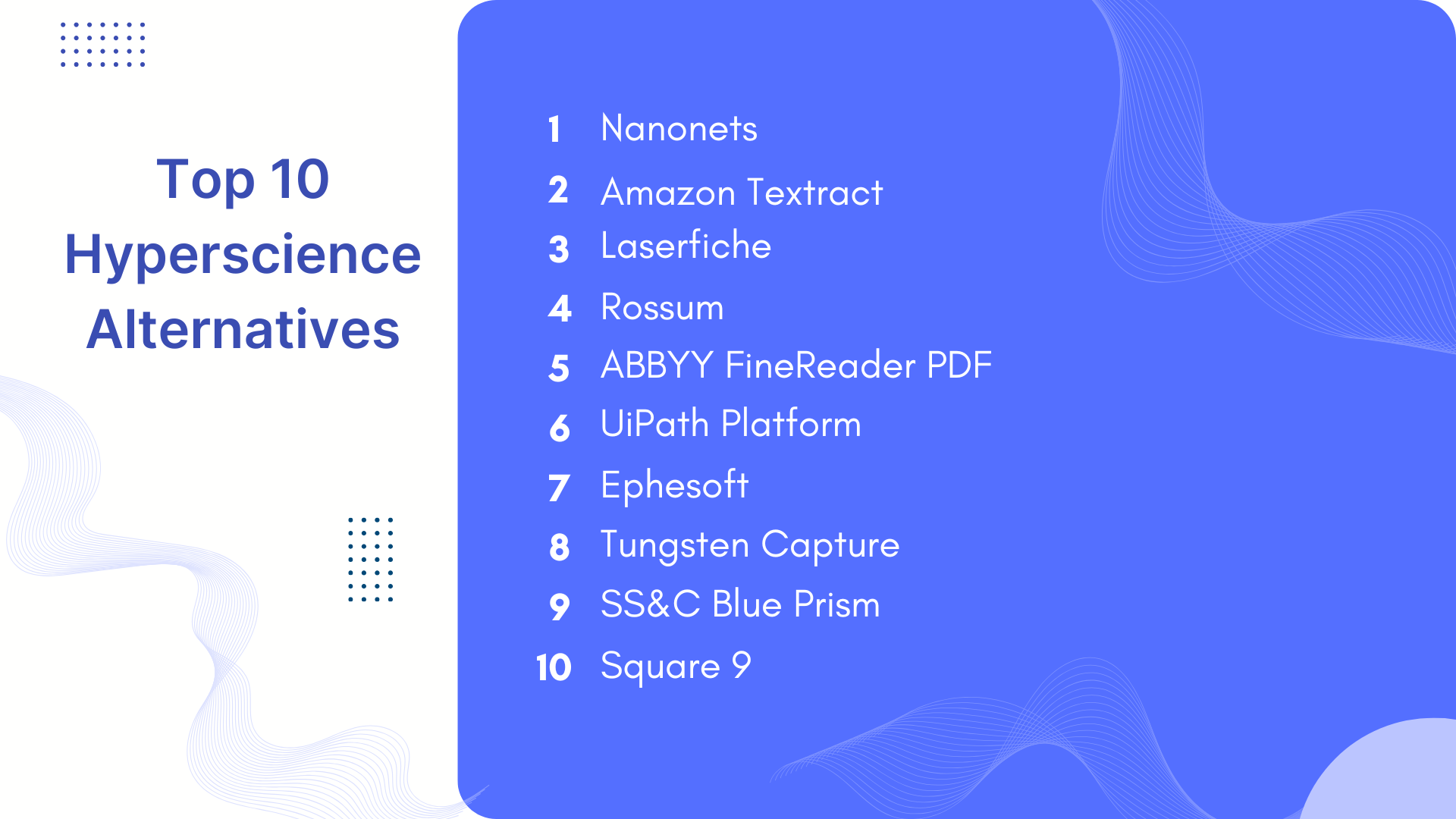
Expenses are unavoidable. However, the clunky spreadsheet, hours of manual data entry, and paper receipts can be avoided. When it comes to making expense reports and approving them, nobody likes it.
Whether it is the employee, the finance team, the CFO, or the accountant, nobody wants to do the hassle.
Making expense reports might seem fairly a straightforward process yet it is anything but simple. And, if you still rely on manual processes, it is a headache for everyone involved. You are not only causing waste of working hours for the employees but also the business to do more mistakes, duplication, and loss of productivity.
It is time you also think about making your expense management automated so that it will help your business set free from the worries of manual expense requests and approvals.
What is expense management automation?
Expense management automation is the automation of the manual expense management processes. It eliminates the need to manually file up expenses and painful aspects of processing expense reports.
Making expense reports manually can be daunting for many people. If you have made them, you know how dreadful it is to manage and process those reports at the end of the month, what we call “closing of the month”, which are actually days of painful data entry and errors.
Companies benefiting from automated expense management use automated software and tools to manage the process of tracking, recording, and paying expenses incurred by employees due to business requirements.
Using automated tools can also help organizations make spending decisions smartly. Moreover, it can help them maintain accountability by allowing them to handle expenses accurately.
Why automate expense management?
Today, businesses use the latest tools and technologies to make the most out of their work. Yet, they sometimes overlook the need to automate expense management. One survey showed that “43% of companies use manual processes to manage expense reports, and 46% don't track the costs associated with that work.”
Manual expense management processes mean a lot of paper and spreadsheets. This also leads to inefficient, more time-consuming, and error-prone processes. Manual expense management processes can hinder your work.
The need for automated expense management is not the cost itself. Many organizations that spend or are planning to invest in technology want to simplify the expense reporting process for employees and managers. To make them happy and enhance their productivity.
It is crucial that companies automate their expense management process so that they can also benefit from the latest trends and technologies. Also, automated expense management can lead to efficient, less time-consuming, and error-free processes.
With expense management automation, you can:
- Save huge amounts of time.
- Store receipts digitally and immediately.
- You don’t have to keep receipts till the end of the month.
The traditional expense management process
Traditional expense management consists of several time-consuming processes. The steps to manage expenses manually are given below.
Submit expense requests individually
As the employees accumulate expenses, they gather payment receipts as proof of those payments. On a quarterly or monthly basis, they submit individual requests to their team manager.
Track receipts and record expenses
The employee has to keep track of the payment receipts, bills, credit card statements, and other documents to submit expense requests.
Submit reimbursement requests
The employees have to fill each detail of the expenses in a spreadsheet along with memos and receipts. After that, the employee must submit the reimbursement request to the manager in order to get the payment approved.
Some companies require the employees to fill the expense reports weekly, while others require quarterly or monthly reports.
Manager’s approval
Here comes the part which may be dreadful for many managers. Once the employee has submitted the expense request with authentic memos and receipts, the manager has to take out time to review those expense requests in detail.
The manager has to make sure that the expense requests submitted are authentic and accurate. This takes a lot of time. If the requests are accepted, they are further sent for expense processing and payment. However, unapproved expense requests are sent back to the employee for review and revision.
Expense processing
In the case of expense requests being accepted, they are forwarded to the accounts team for payment and auditing purposes.
Payment
Once the expenses and claims are approved by the manager and accounts, the payment is made to the employee. The reimbursement payment can take days to process. When it comes, it is received by the employee in the form of a cheque, direct deposit to accounts, or cash reimbursements.
Accounting and auditing
Once the expenses are approved and reimbursement payments are done, the expenses are logged in the company's accounting system for accounting and auditing purposes.
Traditional expense management is typically a slow process and can have several negative impacts. Some of them are as follows.
Compromised company-employee relationships
Slow reimbursement payment processes also compromise employee relationships with the company. When employees face issues or delays in expense reimbursements, they are more likely to shift to those organizations that have better expense management processes.
According to a PwC survey, 76% of stressed employees are likely to get attracted by companies that care more about their financial well-being.
Crumbles employees’ personal finances
Slow reimbursement payments make employees feel that their organization doesn’t care about their personal finances. Not only is the company-employee relationship compromised but also employees face cash flow issues due to slow expense reimbursement.
According to a report: “2 in 5 employees have experienced cash flow issues due to slow expense reimbursement.”
For example, an employee uses their money to fulfil expenses on a business trip. Now they have to wait a long time for the reimbursement payment. Meanwhile, their personal finances are disturbed as they might have to pay their rent or other bills with that payment.
Less productive employees
Employees who face financial problems are less productive at work. Slow reimbursement can lead to financial stress among employees, which in turn, can harm their productivity.
According to the Global Business Travel Association, it takes 20 minutes to fill out a single expense report.
This can pull time away from the core responsibilities of employees and cause less productivity across the organization.
In order to avoid these negative impacts across the organization, your organization must have an automated expense management process. Traditional expense management processes have become outdated now.
It’s time you skip those slow, typical reimbursement processes and have expense management automation at your organization.
Traditional vs Automated Expense Management
People say gold is old. But sometimes, it is not true in many cases. If we talk about automated expense management, it has several features and benefits over traditional expense management.
Benefits of Automated Expense Management
There are a number of benefits when it comes to expense management automation. Some of the benefits are given below.
Fewer errors
When the expense reports are entered manually, there are chances of many errors. According to the Global Business Travel Association, there is a 19% chance of expense reports with errors.
With the use of automated expense management systems, there is no need to enter data manually. This results in fewer errors and also significant cost savings.
Happy employees
On-time reimbursement can result in happy employees. It can be dreadful for employees when they have to enter expense reports manually and then wait for days, sometimes weeks to get their expenses reimbursed.
On-time approvals make them realize that the organization cares for their financial needs.
Enhanced productivity
Happier employees mean enhanced productivity at the organization. No one's time gets wasted when there are easy-to-use expense management processes. The need to spend valuable work hours on painful logging and the process of expense reports is minimized, thus increasing productivity at work.
Automated expense management increases productivity for both the employee and the finance managers.
Real-time visibility over spending
Automated expense management allows you to track purchases at the organization in real-time. You can either have an eye on the entire organization’s expense or an individual employee.
This not only helps you manage cash flow but also makes informed and timely decisions based on your remaining budget.
Faster expense requests and approvals
The manager can receive and improve expense requests instantly with expense management automation. Also, no time is wasted on paperwork and creating spreadsheets.
Features of Automated Expense Management Solutions
The process of automated expense management is smooth if you have the right tools and solutions in place. Some of the key features of automated expense management solutions are given below.
Easy-to-use
Automated expense management solutions should be easy to use and set. There are many solutions available but they have complex interfaces and you have to assign a full-time team member to use them.
Some solutions may take months to set up. However, better solutions are always easy to use and don’t require much effort.
Scalable
Whether it is about case management solutions or automated expense management, they have the features to grow as your business grows. Also, it is easy to add and remove users with a scalable automated expense management solution.
Automatic data extraction
To simplify the filing process, automated solutions facilitate organizations with automatic data extraction, such as costs, tips, taxes, other information, etc.
Different permission levels
There will be one owner of the account in an automated expense management software, however, team managers will be able to approve or reject expense requests for their team spending. Also, employees will be able to submit expense requests.
Built-in dashboard for requests and approvals
These solutions have a built-in dashboard for users so that they can make requests and approvals based on their designation. Also, administrators and finance managers can easily view and approve requests at any time.
Better accounting integrations
Automated expense management solutions allow you to make direct integrations into the company’s other central financial or accounting systems. No need to copy/paste with expense management automation.
Expense proves
Automated software contains documented expense proofs for any sales and purchases made in case of an audit.
Data reports
Data reports and insights are present in these solutions for companies to track their spending and budget.
Choosing the Right Automated Expense Management Software
Choosing the right automated expense management software or spend management software is not easy at all. With so many options out there, you’ll get confused about which software to choose for your company. Different organizations have different requirements and workflow when it comes to expense management.
You must choose the solution according to your requirements and the size of your company. There are a few factors to consider when looking for automated expense management software.
Factors to consider before going for Automated Expense Management
Flexibility
When choosing an automated solution, look for a tool that has flexibility. It must be adaptable and customizable according to your company's demands and requirements. Some solutions allow you to design and customize your own cards and set boundaries.
Security
When you are making expenses on so many different levels, the security of the company’s money can become critical. It is crucial to go for an automated expense management solution that offers full-fledged real-time security for your expense management processes.
Easy integration
Another factor to consider when choosing an automated solution is its integration. The software you choose must integrate with the existing system for a smooth transition.
Real-time look over
Real-time checks into the expense management system allow the company to track spending according to their budget and also fraudulent claims.
These were some of the many factors you should consider when looking for automated expense management software. Also, you’ll learn not every solution is right for your company and not all of them are the same.
Look for a solution that offers flexibility and security, eliminates paper, and tracks, and records expenses. You’ll also want a solution that offers functionality according to your requirements and is customizable.



